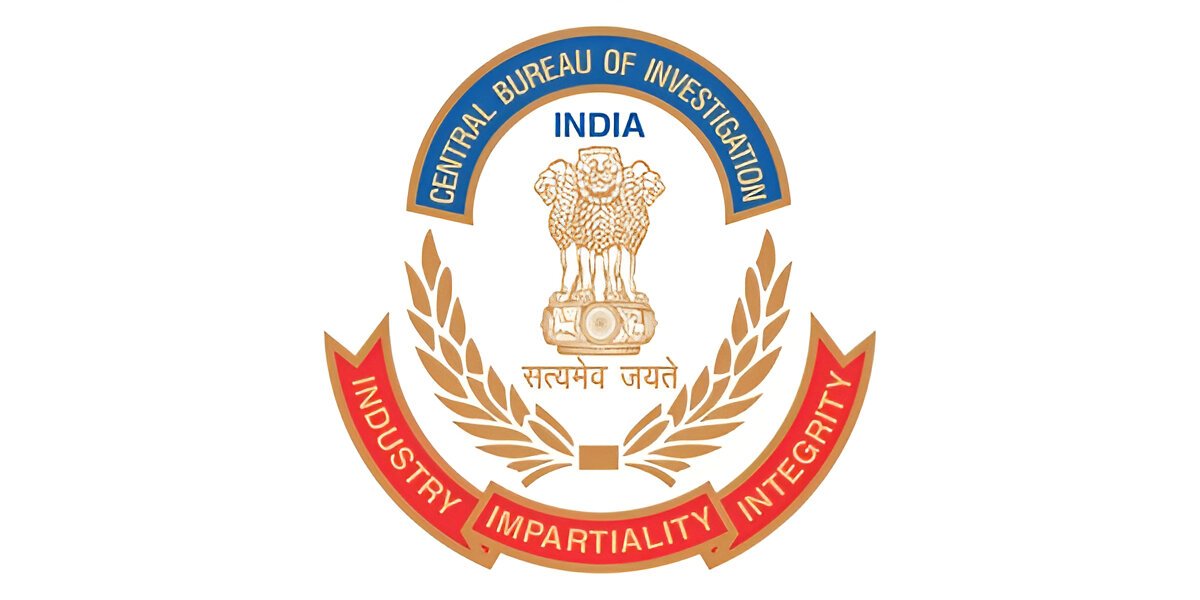Introduction
The recent Central Bureau of Investigation (CBI) raids on former Chhattisgarh Chief Minister Bhupesh Baghel and others in connection with the Mahadev online betting app case have reignited the debate over the legal status of online gambling in India. With allegations of a massive ₹6,000 crore scam, the case highlights the growing concerns regarding online betting platforms, regulatory loopholes, and the need for stronger legal frameworks.
Background of the Mahadev Betting App Case
The Mahadev online betting app is alleged to have operated an extensive illegal gambling network, luring users with promises of high returns. The CBI, taking over multiple FIRs registered by the Chhattisgarh police and Economic Offences Wing (EOW), is now probing a larger conspiracy. The app's fugitive founders, Sourabh Chandrakar and Ravi Uppal, are currently under investigation, with efforts underway for their extradition from the UAE.
Bhupesh Baghel, who had earlier been named in an Enforcement Directorate (ED) probe, claims that his name was included in the case under political pressure. However, with multiple agencies investigating, the case raises serious legal and ethical concerns regarding the operation of online gambling platforms in India.
Status of Online Gambling in India
Online gambling exists in a gray area in India due to the lack of a uniform central law. The legal provisions governing gambling and betting apps include:
- Public Gambling Act, 1867
- The primary law regulating gambling in India.
- Prohibits running or being in charge of a public gambling house.
- However, it does not explicitly cover online gambling, leaving room for ambiguity.
- The Information Technology Act, 2000
- Governs online activities and cyber-related offenses.
- Does not specifically mention gambling but allows the government to block illegal gambling websites.
- State-Specific Gambling Laws
- States have the power to regulate gambling under the Constitution of India.
- Some states, like Nagaland, Sikkim, and Kerala, permit skill-based gaming apps with strict regulations.
- Others, such as Telangana, Andhra Pradesh, Tamil Nadu, and Uttar Pradesh, have completely banned online gambling.
- Foreign Exchange Management Act (FEMA), 1999
- Governs financial transactions for online betting platforms operating from outside India.
- Many international betting apps operate in violation of FEMA by allowing transactions through offshore accounts.
- Consumer Protection Act, 2019
- Protects users from misleading advertisements.
- Celebrities endorsing gambling apps can be held accountable for deceptive promotions.
- The Prevention of Money Laundering Act (PMLA), 2002
- Used to investigate cases where gambling platforms are suspected of being used for money laundering.
- The Mahadev case falls under PMLA as ED suspects that the betting app was used to channel illicit funds.
Judicial Precedents on Online Gambling
- Dream11 Case (2021): The Bombay High Court ruled that fantasy sports like Dream11 are games of skill and not chance, thus legal.
- Karnataka High Court on Online Betting Apps (2022): The court struck down a blanket ban on online gaming, stating that only games of chance can be prohibited.
- Supreme Court’s Stand: The Apex Court has often differentiated between skill-based and chance-based games, allowing skill-based online platforms to operate legally.
Concerns Over Online Betting Apps
- Addiction and Financial Losses: Many users, unaware of the risks, lose large sums of money.
- Tax Evasion: Many apps operate from offshore locations, avoiding taxation.
- Money Laundering and Fraud: Apps like Mahadev have been accused of being fronts for laundering black money.
- Lack of Consumer Protection: Users have no legal recourse if cheated by these platforms.
- Influence of Celebrities and Social Media: Endorsements by public figures often mislead users into betting without understanding the risks.
Conclusion
The Mahadev betting app case serves as a wake-up call for policymakers to strengthen online gambling laws in India. While skill-based gaming can be permitted under strict regulations, illegal betting platforms must be eradicated to prevent financial fraud and social harm. A comprehensive legal framework will ensure that online gaming operates transparently, protecting consumers and maintaining the integrity of India’s digital economy.

